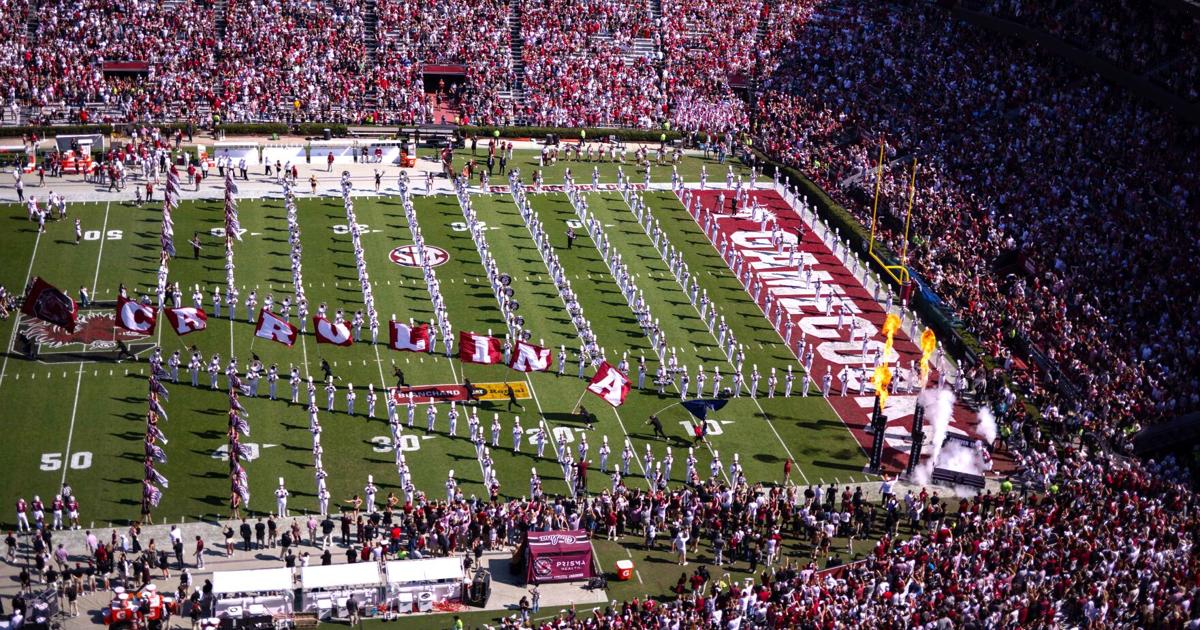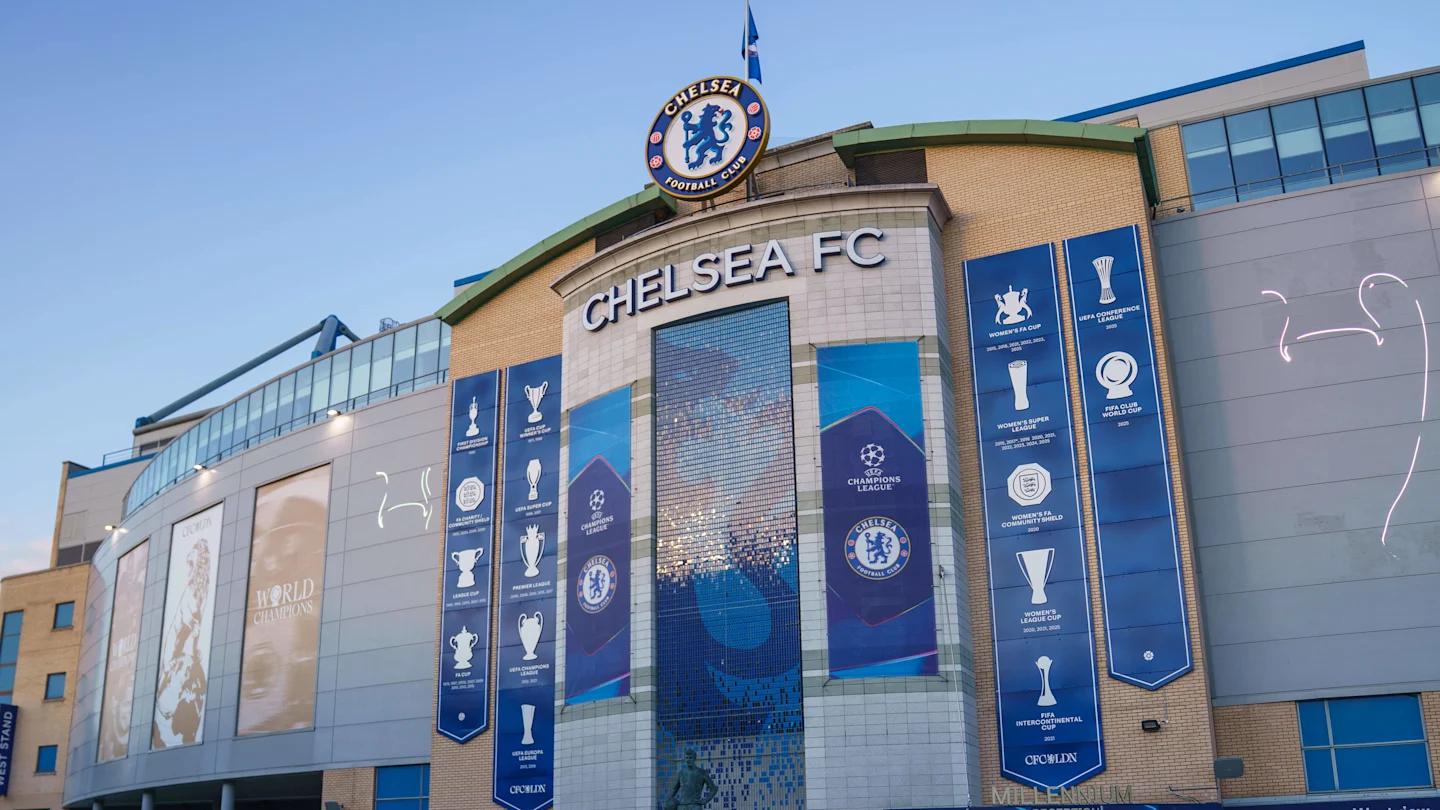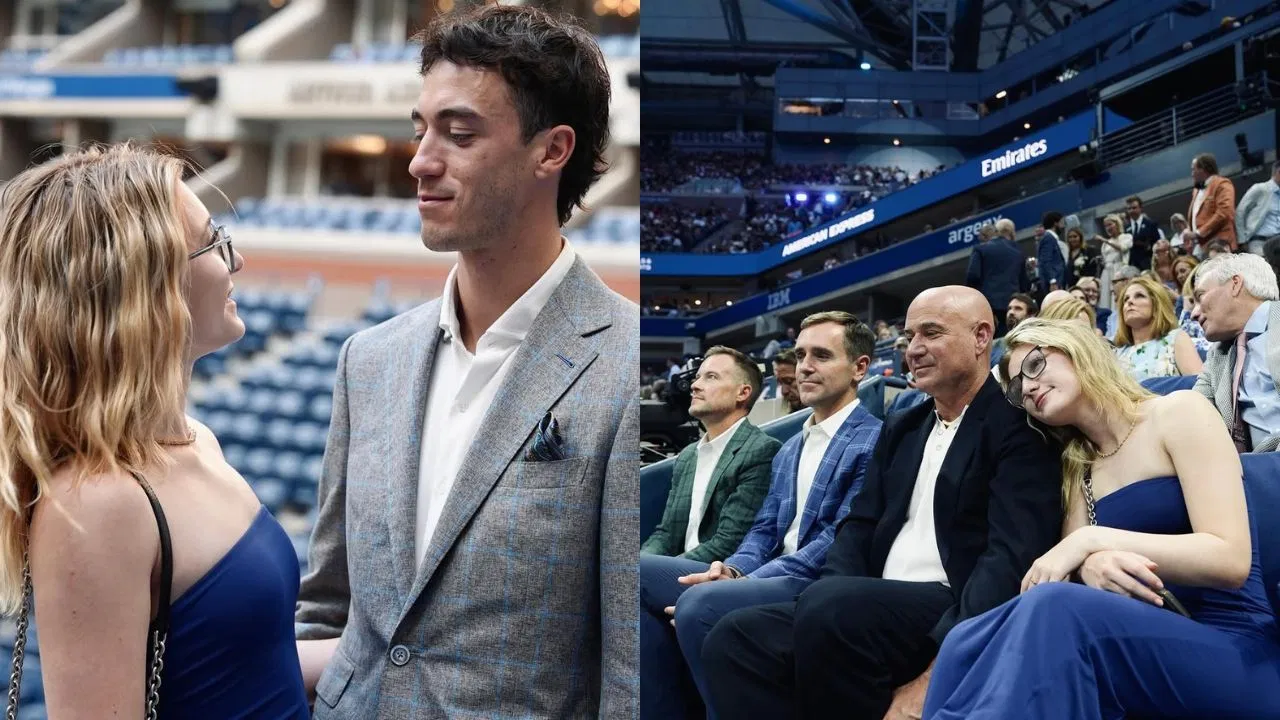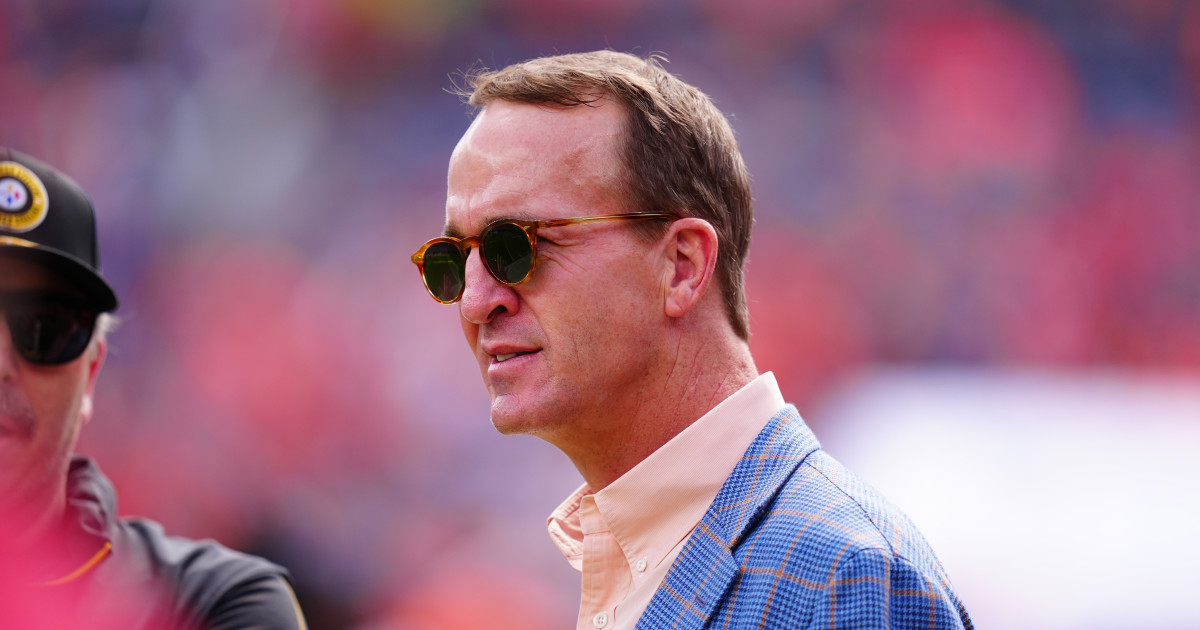Copyright Charleston Post and Courier

The comedian Groucho Marx is remembered for his story about being caught in an amorous embrace and demanding of his angry wife: “Who you gonna believe? Me or your lying eyes?” Except it wasn’t Groucho Marx who told that joke, but maybe his brother, maybe while playing a character, and in any event the idea that anyone would be so audacious as to expect people to ignore what they’ve seen for what he falsely claims has become a lot less funny in the past few years. Still, the line keeps popping into my head as the University of South Carolina fights a lawsuit by Mount Pleasant businessman Frank Heindel, who wants to have a look with his own eyes at how the college is spending $20.5 million in public funds via revenue-sharing agreements with some of its athletes. Through briefs filed in the run-up to an Oct. 10 hearing, arguments at that hearing, an affidavit that S.C. Circuit Judge Daniel Coble ordered the university to produce for his private review and now a motion asking the judge to revoke his order that the school give a copy of the affidavit to Mr. Heindel, USC is pursuing a two-pronged defense. The second is, “Look: Name, image and license contracts!” The first is, essentially: “Who you gonna believe? Me or your lying eyes?” When a federal judge signed off on what’s called the House settlement that allowed NCAA colleges to pay their athletes a total of up to $20.5 million a year through revenue-sharing agreements, USC left no doubt that it was game on. As Post and Courier sportswriter David Cloninger reported, athletic director Jeremiah Donati said in a radio interview in June that “we’re going to fully participate.” He even suggested that USC had “front-ended” some contracts before the settlement was approved. Indeed, it’s not even an open secret that USC and Clemson and every Division 1 team are doling out millions to football and on occasion basketball players to keep them on the roster. The only questions are how the money’s being divvied up and what sort of disastrous ramifications this will have on college sports, and how quickly. But when Mr. Heindel filed a Freedom of Information Act request in September seeking copies of the football contracts with players’ names redacted, USC said, essentially: “What contracts? We ain’t got no stinkin’ contracts.” When Mr. Heindel filed suit demanding that USC release the contracts, the school lawyered up and said the same thing to the court. Ditto during an Oct. 10 hearing before Judge Coble. Columbia’s State newspaper reports that “lawyers for the university maintained that the school does not have knowledge of any documents relating to Heindel’s request and if they did, they would fall under the FOIA law’s ‘trade secrets’ exception.” The second defense is to argue that a special name, image and likeness law the Legislature passed more than a year before revenue-sharing contracts were even allowed actually bars the school from releasing the so-called NIL contracts. That’s correct, and the law isn’t necessarily inappropriate since the school isn’t providing the money and isn’t technically a party to those contracts between players and businesses or other supporters that pretend they place great value on the players’ name, image or likeness. But it’s irrelevant, because that’s not what the lawsuit seeks. Clearly, as it did when Mr. Cloninger asked this summer for boilerplate copies of both the revenue-sharing and NIL agreements, USC is trying to confuse people into conflating the two very different types of contracts. USC even argues in the motion it filed Wednesday: The school’s “primary defense — which the Court does not decide or discuss in its Order — is the argument that the NIL licensing agreements in the Defendant’s possession are not ‘public records’ which are subject to disclosure under FOIA.” It’s a logical gambit, because there’s simply nothing in state law that protects contracts in which a public university agrees to distribute $20.5 million a year in public funds. (USC and Clemson both have cited the “trade secrets” exemption in the FOI law, but the definition in that law simply doesn’t cover payments to human beings.) Here’s the problem with the NIL defense: Besides the fact that Mr. Heindel didn’t request NIL contracts, he anticipated this ploy and made a three-paragraph point that he was not requesting NIL contracts. Yet USC keeps trying to razzle-dazzle us, and now the court, with its NIL-is-exempt-from-disclosure defense. Now we learn that when Judge Coble ordered the school to provide him with a list of revenue-sharing-contract details, as Mr. Heindel had suggested, it filled the document instead with … NIL details. We found this out because the judge declared that there was “no confidential or privileged information” in the affidavit and ordered USC to turn it over to Mr. Heindel, and USC filed a motion Wednesday asking him to let it redact all that NIL information it had included. Delay of game. Razzle-dazzle. Since USC left no doubt that it planned to enter into revenue-sharing agreements, and since it obviously did, football clearly isn’t the only game being played here.



